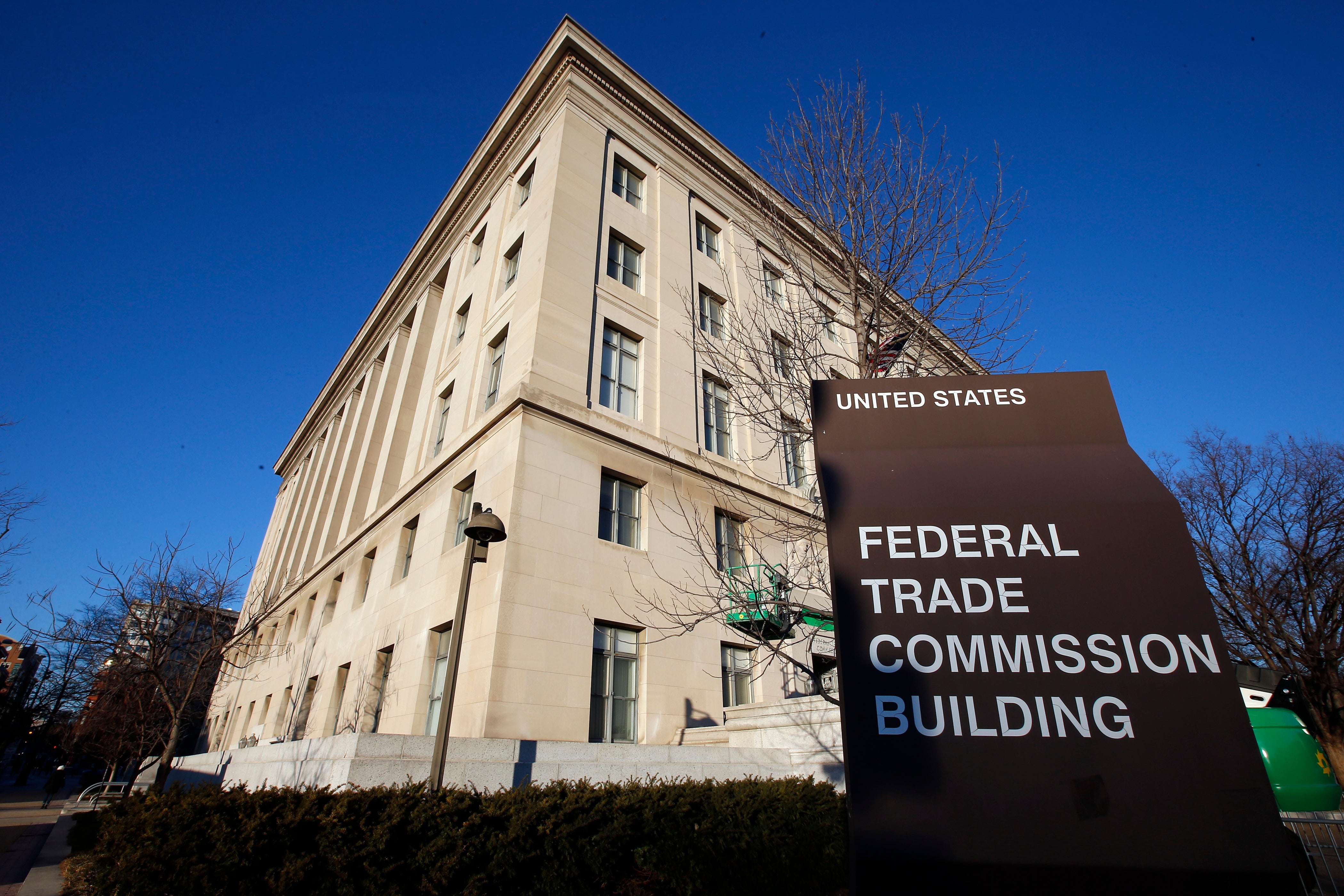Fortnite maker to pay $520M for privacy, e-commerce abuses
The maker of the popular Fortnite video game will pay $520 million in penalties and refunds to settle complaints revolving around children’s privacy and its payment methods that tricked players into making unintended purchases

The maker of the popular Fortnite video game will pay $520 million in penalties and refunds to settle complaints revolving around children's privacy and its payment methods that tricked players into making unintended purchases, U.S. federal regulators said Monday.
The Federal Trade Commission reached the settlements to resolve two cases against Epic Games Inc., which has parlayed Fortnite's success in the past five years to become a video game powerhouse.
The $520 million covered in the settlement consists of $245 million in customer refunds and a $275 million fine for collecting personal information on Fortnite players under the age of 13 without informing their parents or getting their consent. It’s the biggest penalty ever imposed for breaking an FTC rule.
“Epic used privacy-invasive default settings and deceptive interfaces that tricked Fortnite users, including teenagers and children,” FTC Chair Lina Khan said in a statement.
Even before the settlement was announced, Epic said in a statement it had already rolled out a series of changes “to ensure our ecosystem meets the expectations of our players and regulators, which we hope will be a helpful guide for others in our industry." The Cary, North Carolina, company also asserted that it no longer engages in the practices flagged by the FTC.
The $245 million in customer refunds will go to players who fell victim to so-called “dark patterns" and billing practices. Dark patterns are deceptive online techniques used to nudge users into doing things they didn’t intend to do.
In this case, “Fortnite’s counterintuitive, inconsistent, and confusing button configuration led players to incur unwanted charges based on the press of a single button," the FTC said.
Players could, for example, be charged while trying to wake the game from sleep mode, while the game was in a loading screen, or by pressing a nearby button when simply trying to preview an item, it said.
“These tactics led to hundreds of millions of dollars in unauthorized charges for consumers," the FTC said.
Epic said it agreed to the FTC settlement because it wants “to be at the forefront of consumer protection and provide the best experience for our players.”
“No developer creates a game with the intention of ending up here,” Epic said.
During the past two years, Epic also has been locked in a high-profile legal battle with Apple in an attempt to dismantle the barriers protecting the iPhone app store, which has emerged as one of the world’s biggest e-commerce hubs during the past 14 years. After Epic introduced a different payment system within its Fortnite app in August 2020, Apple ousted the video from the app store, triggering a lawsuit that went to trial last year.
A federal judge ruled largely in Apple's favor, partly because she embraced the iPhone maker's contention that its exclusive control of the app store helped protect the security and privacy of consumers. The ruling is currently under appeal, with a decision expected at some point next year.
Bookmark popover
Removed from bookmarks